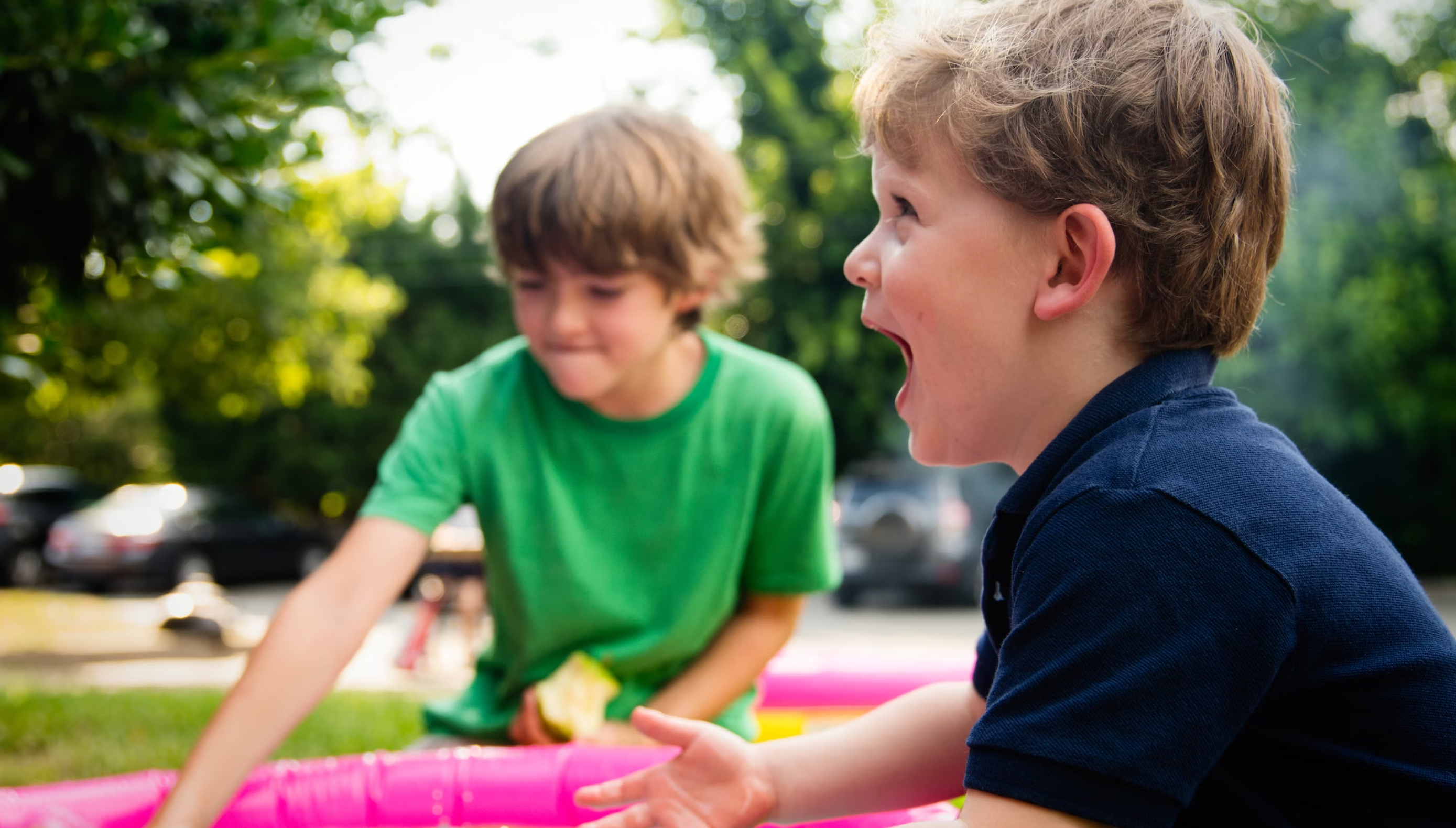The camp environment invites a huge range of students from a diverse array of backgrounds and varied experiences. While the aspect of simply being in a bush setting for multiple days seems like the largest adjustment, there are social differences, responsibilities and the idea of getting comfortable with conflict students must get used to as well.
Many parents notice a difference when students return home from camp. It’s easy for the buzz to dissipate as life returns to normal, but we’ve put together a few simple ways to extend on what students learn on camp to further enrich their everyday lives.
FOSTERING A SENSE OF RESPONSIBILITY AND ACCOUNTABILITY
The camp environment is purposefully designed to foster a culture of community where everyone takes part in encouraging, supporting and caring for one another. There are many small actions taken to reach this place, the smallest of which is in responsibilities evenly distributed around tasks like starting the campfire, preparing meals and cleanup.
Many of these life skills need to be taught to students and these activities are shared. Whether it’s the preparation or serving of food, washing of dishes or tidying up after a shared meal, students learn the value of practically caring for one another. The benefit of doing these activities in groups is the community experienced both in getting the job done but also in doing a job well that benefits everyone.
It is easy to see how these skills can be transferred into an occasional meal cooked at home or dishes washed alongside a parent or sibling. Whether showcasing a recipe learned on camp or learning a new recipe alongside a family member, there can be a strong sense of pride in becoming a contributing member of the family and putting new skills to good use.
GETTING INTO NATURE REGULARLY
There are many exciting learnings students may come home from camp with. Especially for those who have spent little time in environments like a bush camp. Students may have experienced an affinity for nature and a sense of physical accomplishment on camp like never before.
If this is the case, there has never been a better time to start introducing short nature trips into your weekly routine. Whether in a rural or urban setting, there are ample opportunities around Australia to allow exploration and play in a natural setting. Whether it’s an afternoon wandering through a national park, a weekend hiking trail, an overnight camping trip or biking to a local waterhole - these small adventures can serve to grow a love of the outdoors.
If you’re new to these types of activities and have reservations about injury or creepy crawlies, this is totally normal. We have a great article on how to prepare for first aid in the bush to put your mind at ease. Many blogs sharing local hotspots for hiking, biking and exploring will also provide information on the level of difficulty so you can aim for challenges suited to your experience level.
EXTENDING ON THE EMOTIONAL AND INTERPERSONAL
Between the mini outdoor adventures and practising new skills within the home, there is a lot of room for development in areas like confidence, observation and reflection of natural surroundings, personal observation and reflection in response to challenges, connection to nature and so many more.
Even in between these practices, it can be helpful to introduce some dialogue around personal and interpersonal observation and reflection and even start to apply these to relationships in the home.
We talked about the VOMP method (Viewpoint, Observation, Moccasins / Empathy, Plan) in a previous article, as a healthy way to approach conflict with empathy at the forefront. This is one method used within The Outdoor Education Group camps and practising these elements at home gives students more tools to draw upon as they step further into life within the community.
For some students, they may have developed an interest in pursuing a particular sport or activity like kayaking, rock climbing or archery. For others, they may have discovered a love for camping in groups or learning to cook. There are many more valuable lessons students may have gained from their camp experience we haven’t covered, and the best way to bring those to the surface and get curious about implementing them at home is to ask.
